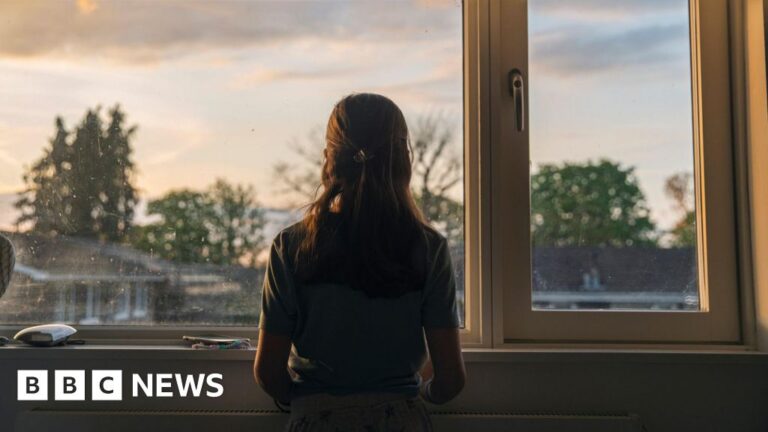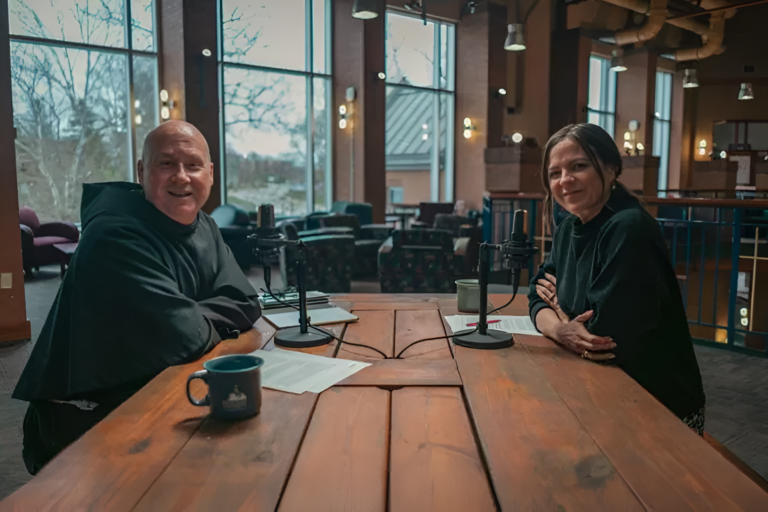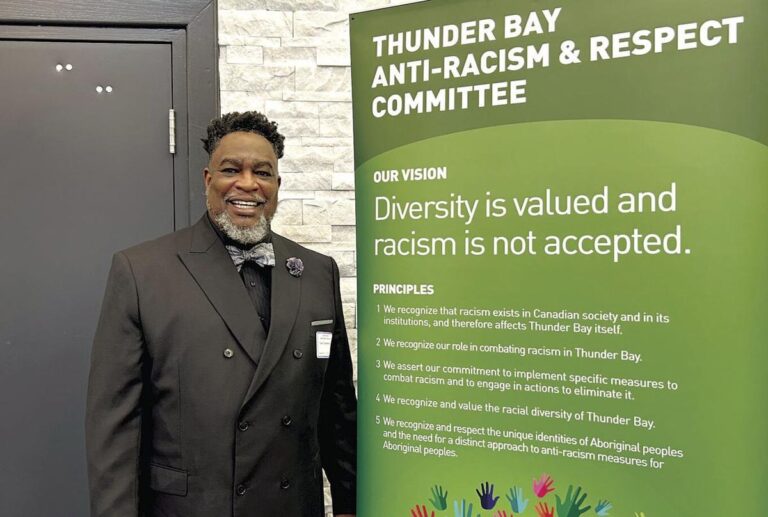Holy See Voices Concern Over Rising Online Racism Issues
Holy See’s Alarm Over Online Racism
In the digital age, where every tweet, post, and comment can instantly reach millions, the implications of online behavior are significant. Recently, the Holy See has raised a red flag about the alarming rise in online racism. This concern isn’t just an isolated reaction; it reflects deep-rooted issues intertwined with our modern-day interactions. So, why is this emerging problem such a hot-button issue? Let’s dive in.
Understanding the Rise of Online Racism
The internet is like a double-edged sword. On one hand, it connects us in unprecedented ways, allowing voices from every corner of the globe to be heard. But, on the flip side, it can also magnify the ugliest parts of human nature. Racism, which has existed for centuries, has found new life online in various forms:
- Trolling and Hate Speech: Some people hide behind the guise of anonymity to unleash racist remarks that they might never express face-to-face. It’s like being at a family gathering where someone suddenly yells something offensive, and everyone else just stares in disbelief.
- Misinformation: The spread of false narratives about race often fuels hatred. These narratives can easily go viral and spiral out of control, similar to a game of telephone where the original message gets twisted beyond recognition.
- Echo Chambers: Online platforms can create insular communities where racist views are echoed and reinforced, making it easy for hate to fester and grow.
The Holy See’s Position
The Holy See, representing the Vatican and the Catholic Church, isn’t just about theology and tradition; it stands as a moral compass for many. In a world increasingly divided along racial lines, the Church feels a profound responsibility to voice its concerns. So, what exactly has the Holy See said about this?
A Call for Unity
In its recent statements, the Holy See has emphasized the need for unity and respect among all people. The document outlines the Church’s stance that every individual, irrespective of their background, deserves dignity and respect. It’s reminiscent of the biblical saying, “Love your neighbor as yourself.”
Encouraging Dialogue
The Church advocates for open dialogue as a means to counter racism. Instead of shouting over each other on social media, what if we started listening? Engaging in serious conversations can foster understanding, much like how discussing philosophical ideas can lead to new insights.
Promoting Education
Another point the Holy See emphasizes is education. By fostering inclusive education that teaches about different cultures and the historical implications of racism, we can build a more empathetic society. Think of it as planting seeds for a more tolerant future – education is the water that helps those seeds grow.
The Broader Picture: Who’s Responsible?
Now, while the Holy See has called attention to this issue, it begs the question: who’s really responsible for tackling online racism? The answer isn’t straightforward.
Social Media Platforms
Social media giants have a huge responsibility. They are the gatekeepers of our online interactions. By failing to enforce policies against hate speech, they essentially allow toxic behavior to proliferate. It’s like a landlord ignoring a leaky roof – eventually, the whole place falls apart.
Governments and Legal Frameworks
Governments also play a pivotal role. Many countries are still grappling with how to legislate against online hate speech effectively. It’s a bit like trying to catch smoke with your bare hands; without clear laws and regulations, it’s nearly impossible to hold anyone accountable.
Individuals
Let’s not forget the responsibility we each hold. Every post, every comment, and every share contributes to the fabric of our online community. If we start treating online conversations with the same respect we would in person, we could slowly, but surely, turn the tide against online racism.
The Human Element: Personal Stories
While statistics and statements provide context, it’s essential to bring in the human element. Real-life stories of those affected by online racism can be heartbreaking.
Imagine an individual from a minority background receiving racist DMs simply for sharing their opinion online. The emotional toll of such experiences can lead to anxiety, depression, and a feeling of isolation. Personal stories humanize the statistics; they remind us that behind every hateful comment is a person with feelings.
Next Steps: How to Combat Online Racism
So, what can we do to address this growing issue? Here are some actionable steps:
- Raise Awareness: Share information about online racism and its effects. Engage in conversations about the subject on your platforms.
- Support Victims: If you witness online racism, stand up! Comment with support or report the behavior.
- Educate Yourself: Delve into learning more about racism, its history, and its impact on different communities.
The Role of Communities
Communities can lead the way in combating online racism. Local groups fostering inclusivity and support can create a ripple effect that touches global platforms. Think of it like a neighborhood deciding to plant flowers together; individually, it might seem small, but collectively, it transforms the landscape.
Addressing Online Racism: A Collective Effort
Here’s the crux: combating online racism isn’t a job for just one entity. It requires a collective effort from platforms, governments, individuals, and organizations. It’s like a big puzzle – each piece has its purpose, and without any of them, the image remains incomplete.
Conclusion: Moving Toward a Respectful Online Space
Ultimately, the Holy See’s concern over online racism echoes a broader, universal need to foster respect and understanding among all individuals. With the rise of technology comes an equally pressing responsibility to ensure our online spaces reflect the values we hold dear. Racism, in any form, detracts from our shared humanity.
It’s time we start treating our online presence with the same respect we expect in our daily lives.
FAQs
1. What steps can social media platforms take to reduce online racism?
Social media platforms can enhance their moderation policies, employ advanced algorithms for detecting hate speech, and offer educational content on diversity and inclusion.
2. How can individuals combat online racism effectively?
Individuals can speak out against racist comments, educate themselves and others about the implications of racism, and support victims of online hate.
3. Why is the Holy See concerned about online racism?
The Holy See views the rise in online racism as a threat to human dignity and a barrier to unity among people, prompting their call for respect and dialogue.
4. What role does education play in combating racism?
Education helps in understanding different cultures and the historical context of racism, fostering empathy and tolerance in society.
5. How can communities contribute to the fight against online racism?
Communities can organize events, discussions, and initiatives aimed at promoting diversity and inclusivity, creating a supportive environment against hate.







